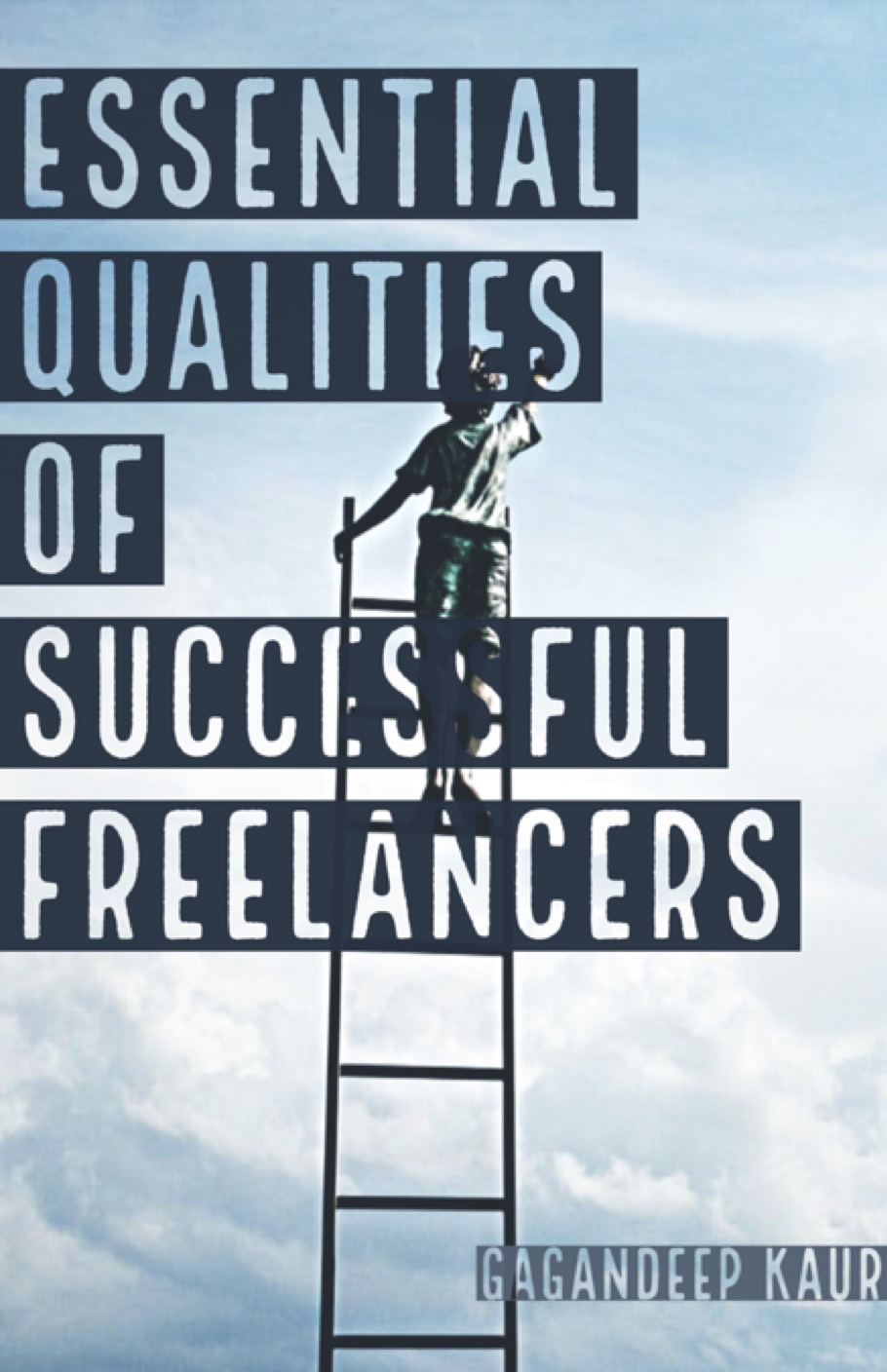
THREE YEARS OF FREELANCING, ALL THAT I LEARNT AND UNLEARNT
After working for over a decade with the country’s best media brands, it was a tough call to start freelancing. Not just the thought of losing regular income but also the perks of working for the biggest media house made me mull over my decision for days and weeks. Finally, the idea to break free and spread my wings persisted over all fears and doubts. Thus began my journey as an independent journalist three years back. Over these years, a lot has changed and evolved. I have developed skills which I frankly never thought were important or mattered.
Here are some lessons and learnings from these three years:
You have to work as hard, and deadline pressures don’t leave you here too
Yes, it is true. Most people (especially so in India!) believe that freelancing means the person was unable to make it big in the real workplace. Freelancers are generally perceived to be the second best. Nothing is farther from the truth. As a freelancer, you are perpetually under pressure to prove your worth. This makes it critical to work doubly hard, if not more. You may get time for a leisurely coffee meet with friends or other freelancers, but only during the lean period. As other times, you will usually be chasing deadlines.
There are distractions galore, so devise your strategy
As a freelancer, there are distractions and distractions for you. Leave aside the family taking your work for granted most of the times; there are many other things to break your thought process and writing rhythm. Maids want to vent out about abusive husbands; akhbarwala (newspaper vendor) wants you to check the online school admission status of his child and so on and so forth. As a freelancer, I am not just writing but also scouting for ideas, pitching, marketing, sending invoices and follow-ups among other things. These allied activities take up a lot of time. Initially, I would end up spending a considerable amount of time on non-core activities much to the detriment of actual writing work. Now, I have devised a strategy which works for me. The second half of the day is dedicated to complete the non-core (but important!) activities associated with freelancing, and the night-time is purely for writing. I am now officially a night owl — but I do get to take an afternoon nap. 🙂
Saying ‘No’ is tough or may be toughest
Possibly the most challenging aspect of freelancing is turning down assignments (many would agree) which don’t make sense to you. The uncertainty associated with freelancing means that you are almost wired to accept whatever work comes your way. So, the decision to refuse a ‘nonsensical’ project means hours of anxiety and temptation to think and rethink.
During the initial days of freelancing, I couldn’t just say ‘no’. However, I gradually realized that this approach is self-defeating. I was spending the same amount of time on both high-and-low-paying assignments. I had to learn to differentiate between the two and give more importance to high-paying ones. But at the same time, you really cannot do a shoddy job for that low-paying work, because it is sure to backfire.
I think I am now somewhat in control. For, I no longer take up assignments that don’t pay as much but are likely to eat up a significant portion of my time.
Learn to negotiate
This one was a bummer for me. Well, I got conned a few times before I figured out that nobody is going to give me my dream rate till I negotiate — and negotiate real hard. I believed that it is just enough if I can convince them that my work deserves this price. I have still not honed this art, but I try, and I would like to believe that I am surely getting better.
There’s a dead end, unless you collaborate
As a writer, you can individually scale only up to an extent. Either you increase the number of hours, or you increase your rate per hour. Both come with their own set of limitations. Initially, I started out by outsourcing non-core activities like transcribing the interviews, research work. But today it is more. As nowadays, many clients want you to pitch in media outreach and even in videos. All this cannot be done without collaborating.
Pangs of loneliness make coffee shops my favorites
Yes, freelancing can be very lonely at times. The workplace offers regular human and professional interaction. Freelancing, on the other hand, sometimes means working long hours on a laptop with just professional interviews to break the monotony. Courtesy, these isolation pangs I find coffee shops ideal places to work even for longish hours of time. At least, you are surrounded by people — better than staring at those blank walls at home.
Yearning for acknowledgment
You almost yearn for some appreciation for your hard work, or maybe some feedback. I have realized that Indian clients as a rule (some rare exceptions do exist thankfully!!) are super stingy with feedback and especially positive feedback. The underlying thought behind this being that the freelancer may ask for a rate hike if a positive feedback is shared. So possibly, my biggest learning is that no feedback generally means good work. Don’t expect to hear ‘great work’ or ‘well done.’ If nobody has reverted with a stinker, it implies that all is well!!



